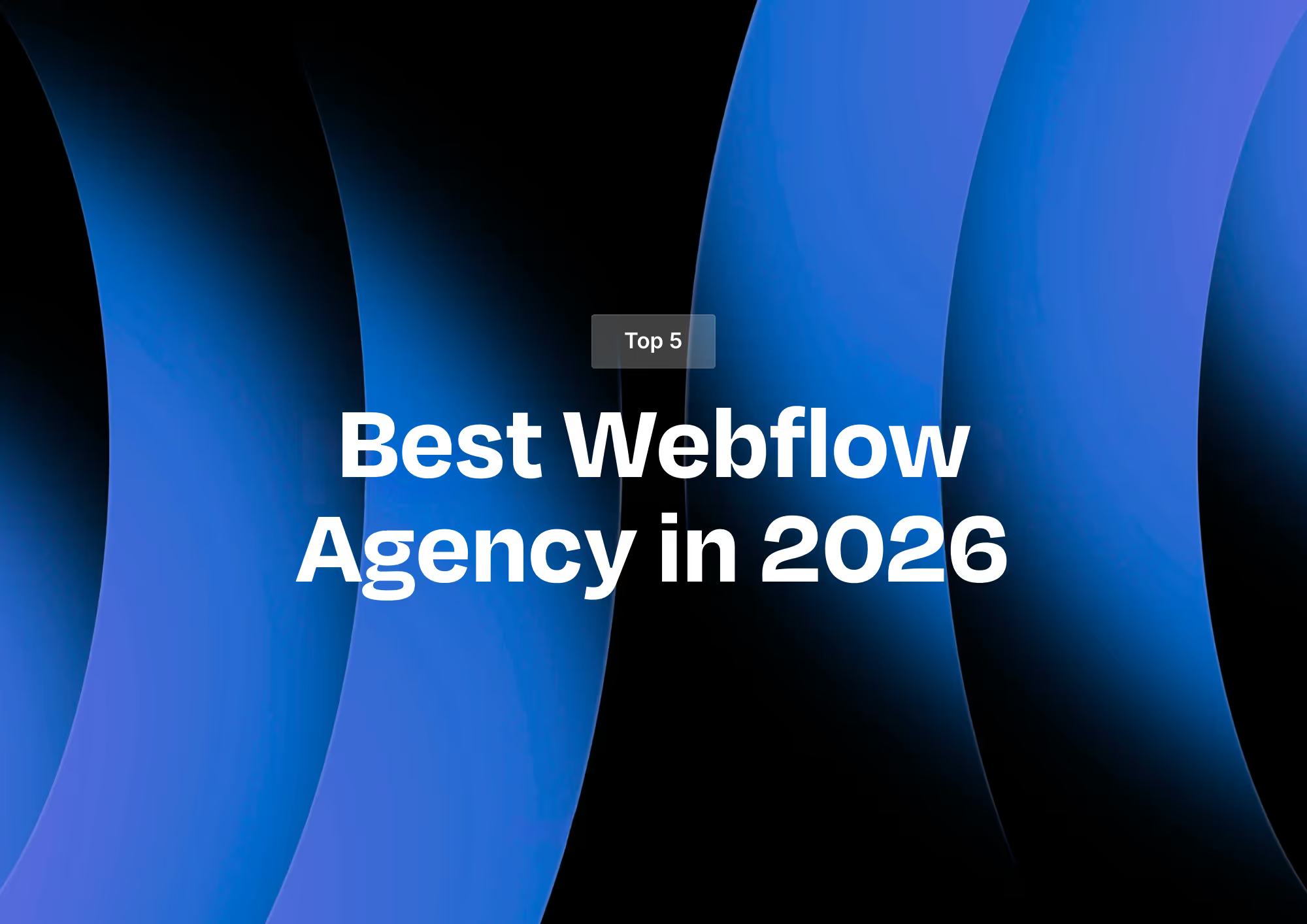
Salomé
Lead Creative Webdesigner
November 2025
Summary of the article
AI is reshaping how online visibility works. We’re no longer just optimizing for Google — but for ChatGPT, Perplexity, and Gemini too. SEO remains essential, but it now needs to evolve toward clarity and structure: AEO helps you be understood, AIO helps you be cited, and GEO helps your brand stay visible over time.
For marketing teams, the goal isn’t to start from scratch, but to adjust. Keep writing, linking, and publishing. Just think in topics rather than keywords, and focus on freshness over volume. The goal: make your content easy to read for humans and easy to interpret for AI.

AEO, AIO, GEO: What are they and what do they mean for your website?
Over the past few months, everyone’s been talking about AEO, AIO, and GEO.
And let’s be honest: it’s confusing.
We’ve heard that SEO is “dead,” that AI is taking over, that Google is changing everything.
In reality, it’s not that dramatic. It’s just the start of a new chapter.
We don’t just type keywords into Google anymore.
We ask questions to ChatGPT, Perplexity or Gemini. And these tools don’t list ten links; they give answers.
The result:
Being visible online isn’t just about ranking high. Your content needs to be understood, cited, and used by AI systems.
1. SEO isn’t dead but it’s no longer enough
We all know SEO. It’s what we’ve been doing for 20 years: keywords, meta tags, internal linking, patience… and traffic.
The problem is that user behavior has changed.
Today, over 60% of users don’t even click on a Google link — they just read the summary provided by Google’s AI Overview (Source: BreakTheWeb).
Search engines aren’t just indexes anymore. They’ve become answer engines.
And those answers are built from your content.
Your blog posts, your pages, your data, everything you publish can be read, understood, and summarized.
So yes, SEO is still crucial. But if you want to stay visible in this new ecosystem, you have to think broader.
2. AEO, AIO, GEO: What’s the difference?
These three concepts all say the same thing:
we no longer speak only to Google, we also speak to AI.
AEO: Answer Engine Optimization
AEO is basically the “answer engine” version of SEO.
The goal: when someone asks an AI a question, your content should be part of the answer.
And for that, it needs to be:
- clear,
- well-structured,
- easy to read and interpret.
Readable titles, short sentences, and simple FAQs. In short: the clearer it is for humans, the easier it is for AI.
AIO: AI Optimization
AIO is the broader concept.
It’s no longer just about ranking — it’s about being intelligible.
AIs like ChatGPT or Perplexity don’t scroll through the web.
They analyze it, digest it, and rephrase it.
If your content is up-to-date, credible, structured, and well written,
they can understand it and reference it.
In short: AIO is what makes an AI say “according to We-R…” in its response.
GEO: Generative Engine Optimization
GEO is a bit different: it’s about your content’s reputation within the AI ecosystem.
These models learn by reading the web:
LinkedIn, Medium, Reddit, trade publications, blogs.
The more your ideas circulate there, the more you exist in their “collective memory.”
In summary:
- SEO makes you visible.
- AEO makes you understandable.
- AIO makes you credible.
- GEO makes you unmissable.
| Criterion | SEO | AEO / AIO / GEO |
|---|---|---|
| Goal | Be found on Google | Be cited or included in AI-generated answers |
| Target | Search engines | AI engines + humans |
| Format | Long-form pages, backlinks, keywords | Structured, readable, and updated content |
| KPI | Rankings, organic traffic | AI citations, multi-platform visibility |
| Focus | Indexation | Interpretation |
| Style | SEO copywriting | Clarity writing + fact-checking |
3. What this means for marketing teams
You don’t need to reinvent everything.
You already do SEO: you write articles, track keywords, build internal links, and earn backlinks.
All of that still matters but you need to widen the approach a little.
AI don’t work like Google. They don’t rely on isolated keywords; they try to understand the meaning behind a topic.
So, what does that mean in practice?
👉 Organize your content around topics, not just keywords.
One strong subject (the “pillar”), surrounded by supporting articles that explore it from different angles.
👉 Work on consistency between pages.
AIs don’t read in isolation — they follow links and rebuild the logic of your site.
👉 Focus on clarity.
Clear titles, short paragraphs, and direct answers.
Not to “simplify,” but to make your message easy to reuse and quote.
👉 And most importantly, keep things fresh.
AIs prefer content that’s recent, clear, and alive.
In short: keep doing what you’re already doing well but prioritize meaning over keyword stuffing.
4. How to start the shift (without rebuilding everything)
You don’t need to rebuild your website from scratch but you can start laying the right foundations now.
Here are 5 quick wins to launch today 👇
- Make your content clearer
→ Simple sentences, clear titles, human tone. - Add FAQs to your key pages
→ Answer engines love them. - Keep your articles updated
→ AIs prioritize recent information. - Cite your sources and authors
→ It builds credibility. - Be present beyond your site
→ LinkedIn, Medium, trade media — AIs read those too.
The goal isn’t to overhaul everything. It’s to make your content more readable for both humans and AI.
5. Key takeaways
SEO isn’t going away, it’s evolving.
We’re no longer speaking only to Google. We’re also speaking to the AIs that answer our clients’ questions.
And to do that, your content needs to be clear, structured, and easy to understand.
In short:
👉 SEO makes you visible.
👉 AEO makes you understandable.
👉 AIO makes you quotable.
👉 GEO makes you last.
It’s a new era for digital marketing. And the good news?
It finally rewards clarity over complexity, and meaning over keyword stuffing.
As a Webflow agency, we’re already seeing how AEO reshapes website strategy: architecture, content, and structure now need to serve both search engines and AI assistants.
These businesses have migrated to Webflow
And their marketing teams thank us for it.


.avif)